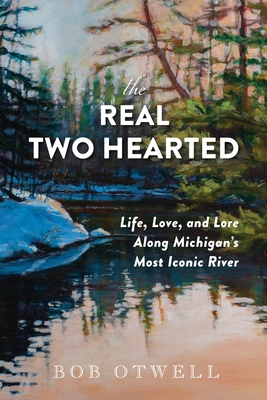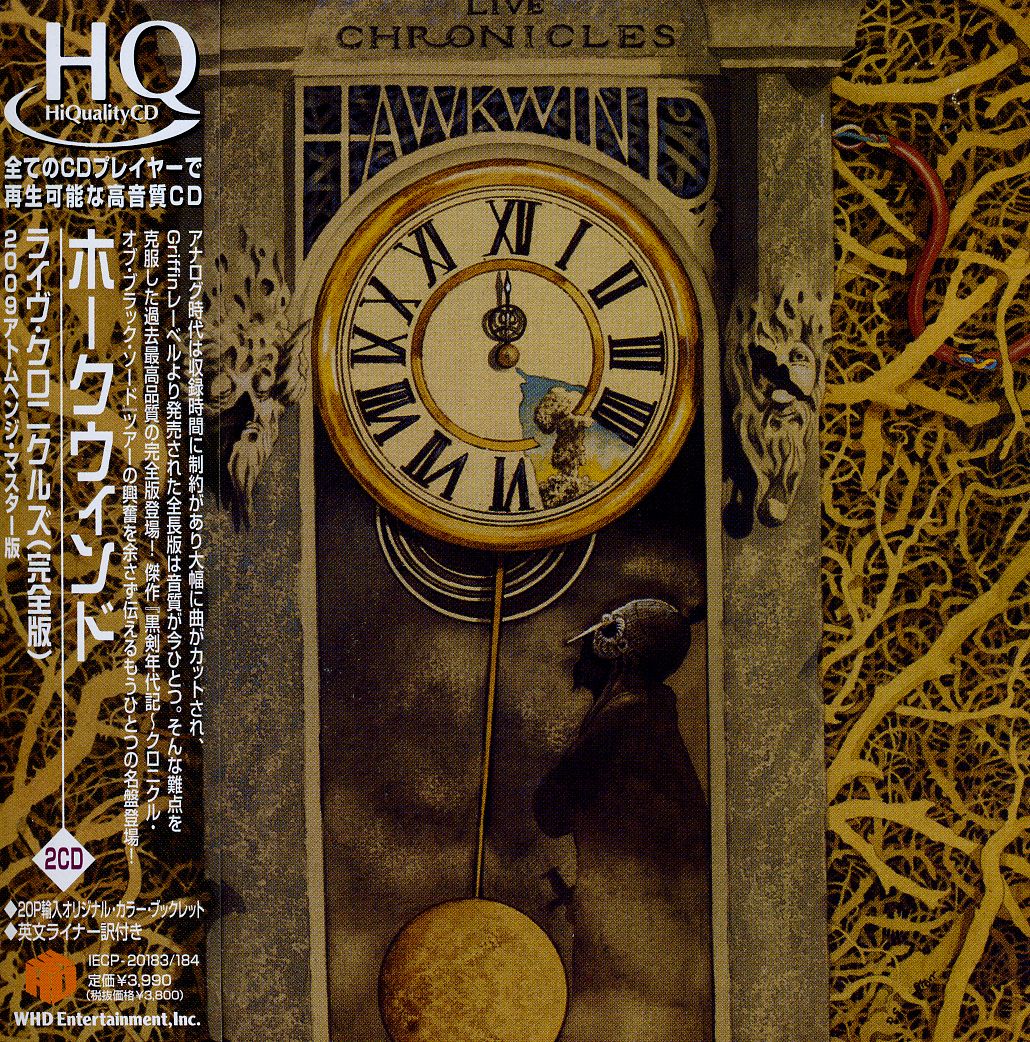
Brown, Christopher
product information
description
2
A genre-bending blend of naturalism, memoir, and social manifesto for rewilding the city, the self, and society.
"Brown lives far from any conventional battlefield, but he is surrounded by the wreckage of a different war, and he, too, finds hope in cultivating the ruins of nature...A Natural History of Empty Lots is less a departure from the nature writing tradition than a welcome addition to its edgelands." --New York Review of Books A Natural History of Empty Lots is a genre-defying work of nature writing, literary nonfiction, and memoir that explores what happens when nature and the city intersect. During the real estate crash of the late 2000s, Christopher Brown purchased an empty lot in an industrial section of Austin, Texas. The property--abandoned and full of litter and debris--was an unlikely site for a home. Brown had become fascinated with these empty lots around Austin, so-called "ruined" spaces once used for agriculture and industry awaiting their redevelopment. He discovered them to be teeming with natural activity, and embarked on a twenty-year project to live in and document such spaces. There, in our most damaged landscapes, he witnessed the remarkable resilience of wild nature, and how we can heal ourselves by healing the Earth. Beautifully written and philosophically hard-hitting, A Natural History of Empty Lots offers a new lens on human disruption and nature, offering a sense of hope among the edgelands.member goods
No member items were found under this heading.
Return Policy
All sales are final
Shipping
No special shipping considerations available.
Shipping fees determined at checkout.







